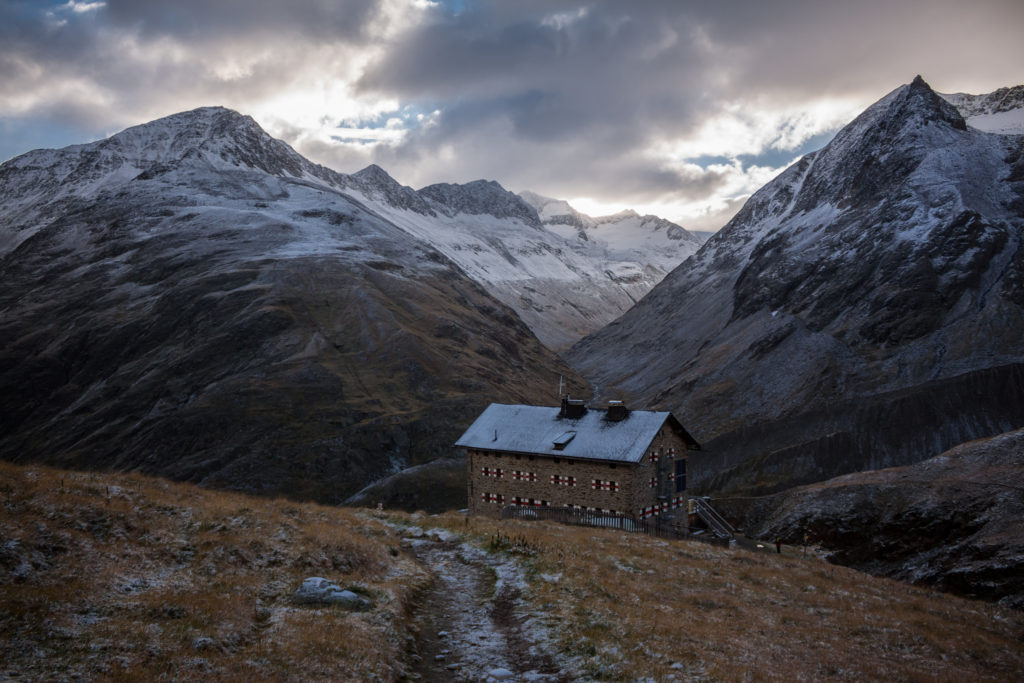
My Spanish father-in-law, Luis, was full of wisdom and trivia. It was he who told me where the American dollar sign comes from, wrapping the account up in many asides about bullion, pirate treasure, reales—also called pieces of eight—the Spanish Armada, silver in South America, and more. With Luis, there was always more. He went on and on about this and that, and it seemed he would talk forever. At the time, I didn’t care about this and that: I liked asides to be a short step off the main track, and not to be hard going. I liked to know where I was and understand the point of what I was being told. I could appreciate a break from the routine, but I didn’t like my afternoon monopolized, and I didn’t like being led about by the nose, especially in the dense underbrush of Luis’s arcana, where the going was tedious.
It was Luis who told me about the discovery of Ötzi, the Iceman, and as usual, knowing no story he told was short, I didn’t listen but instead cast about for a quick getaway. Ice, preserved, petrified, something about a tool or a knife is what I heard, and then a torrent of words from Luis, practically hoarse with the joy of what he had surmised about the discovery—that’s all I remembered about Ötzi.
Luis died eight years ago, and I didn’t need to find Ötzi the Iceman in the English textbook I used this year to bring Luis to mind because I think about him all the time. What I learned from him has been trickling into my consciousness, pooling slowly. The this and the that are what you offer when you haven’t anything better. And the this and the that, not the great facts but the little asides you find to lengthen your time together, are in the end the real point.
I’d love to tell him that my students knew very little about Ötzi. “Most hadn’t even heard of him,” I’d like to say, expressing appropriate mild censure at their ignorance of what I first learned from him.
He’d start in on the old story, telling it to me all over again, and if I tried to say I already knew and he didn’t have to go on, he would ignore my interruption. His voice was querulous at times, even when happily telling a story, but not because he was tired or weak but because he was preparing for the moment when he would sit straight up in bed, in the little room he occupied when staying with me, his voice booming, his finger stabbing at the air, giving himself up to the drama of the tale. The sun would sink, and the last rays would flow into the west window. It’s my writing room now, and the sun is flowing in as I write this, and though I don’t like interruptions and have plenty to keep me busy and have no trouble entertaining myself, I would be glad of the story all over again this afternoon. Any story of his. About this or that.

